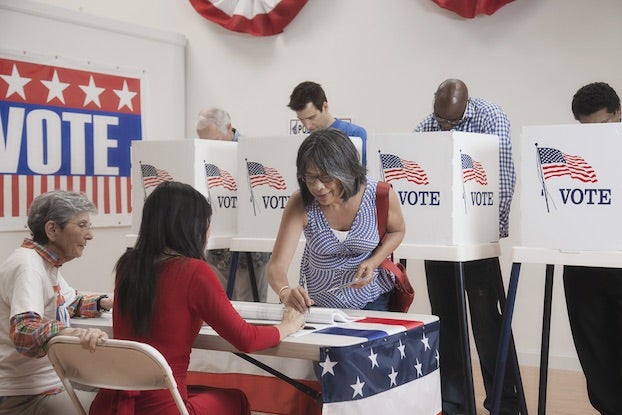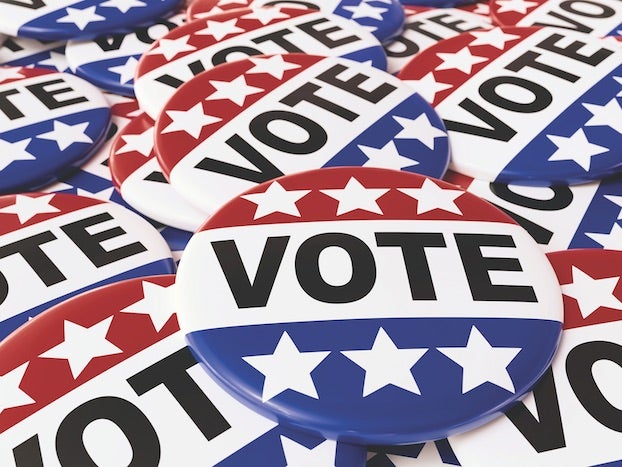Ebola-related travel restrictions make sense
Published 12:04 pm Wednesday, October 8, 2014
With news that the Ebola epidemic has spread from West Africa to both the United States and Europe, it’s time for the U.S. government to step up screening at airports and impose commonsense travel restrictions on people arriving from nations facing outbreaks of the disease.
Doctors in Dallas last week diagnosed the disease in Thomas Eric Duncan, a Liberian national who had traveled from Monrovia. Officials have said Duncan was screened when he left Liberia. But he received no screening on arrival in the U.S., so no one knows if he had early signs of the disease when he got here.
It can take as many as 21 days before Ebola victims fall ill. But Duncan became ill within days after arriving in Dallas last month. Officials said he had been exposed to the disease in Liberia and soon after flew to Brussels, then Washington, D.C., and then Dallas. He is in critical condition and is being treated with experimental drugs.
Over 100 people were believed to have come into contact with him, including schoolchildren. Only four close family members, however, have been quarantined and are being monitored for signs of the disease. Ebola is spread via direct contact with blood or other bodily fluids from an infected person or animal.
A nurse in Spain recently contracted the disease after treating two priests who caught it in Africa and were taken to Spain for treatment.
That the disease wasn’t diagnosed during Duncan’s initial hospital visit is another cause for worry. He was given antibiotics — no good against a virus — and was sent home. He returned after a couple of days and was correctly diagnosed, quarantined and treated. Human error is always possible. The Centers for Disease Control and Prevention in Atlanta erred in not having the apartment where Duncan was staying properly disinfected and sanitized by an approved hazardous materials team until days afterward.
Dallas Mayor Mike Rawlings has said officials were sluggish in responding to the needs of Duncan’s family. But he said the mistakes have been corrected and that “Dallas is safe and Dallas is calm.” CDC officials insist the disease will not spread to this nation. But the Duncan case shows how easily Ebola could spread if more stringent travel restrictions are not instituted.
It has been reported that flights with passengers coming from West Africa — which usually arrive from other destinations since there are no direct flights from West Africa to the U.S. — are not being screened at all. That’s how Duncan brought Ebola to the United States.
The U.S. government should immediately order commonsense protective measures to be instituted at airports. Banning travel to and from West Africa should be considered if any more cases occur here. There is no need for panic, but both the CDC and the Obama administration should do more to ensure this disease doesn’t take root in the United States.





